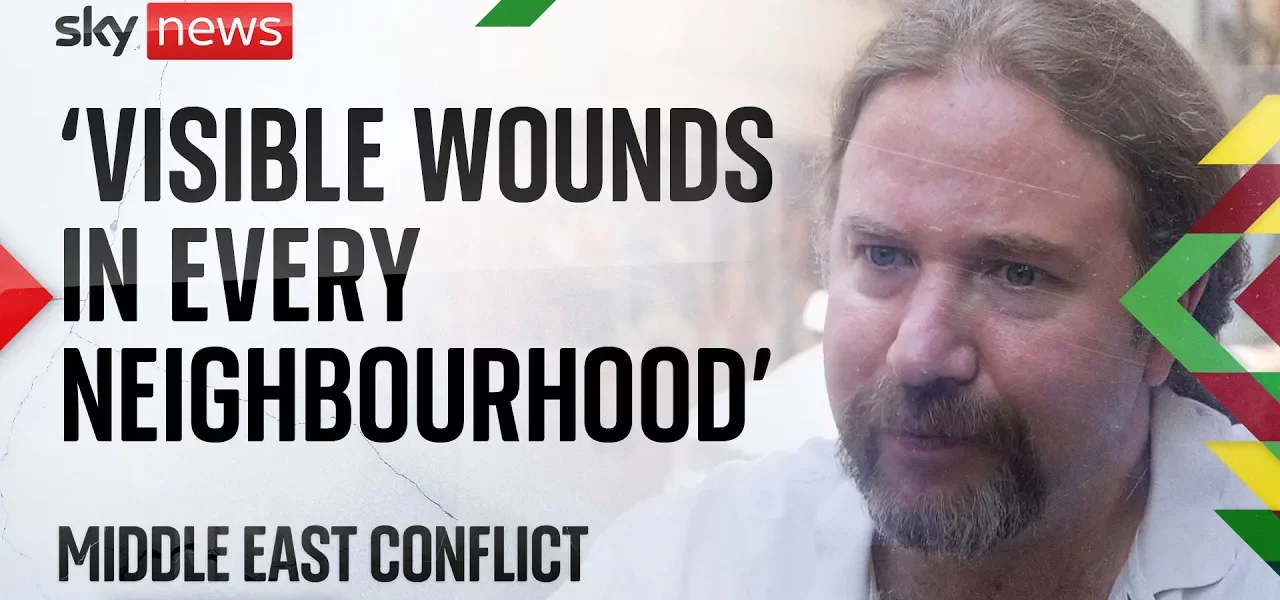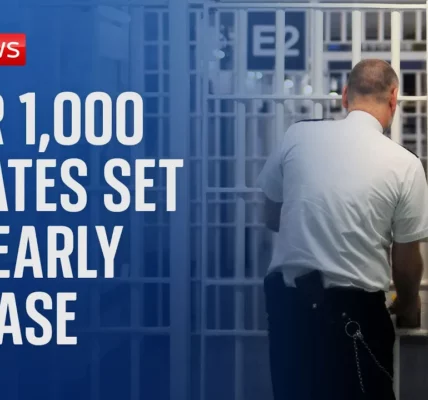The Painful Legacy of Beirut: A Journey Through History with Ronnie Chatter

In this article, we delve into the poignant story of Beirut, a city scarred by decades of conflict and turmoil. Ronnie Chatter, whose father was a victim of political violence, dedicates his life to preserving the memory of the past while shedding light on the ongoing struggles of the Lebanese people.
Introduction to Beirut’s Turbulent History
Beirut, often referred to as the “Paris of the Middle East,” has been a witness to unspeakable hardship and devastation over the decades. The city’s skyline today is a complex tapestry of modernity and remnants of its tumultuous past, marked by civil unrest, political assassinations, and foreign interventions. The journey through Beirut’s history is not just about understanding the events that unfolded, but also about appreciating the resilience of its people, such as Ronnie Chatter, who strive to keep the memories of their loved ones alive amidst the chaos.
The Legacy of Ronnie Chatter
Ronnie Chatter embodies the spirit of remembrance and resilience. His father, a politician and diplomat, was assassinated in a car bombing, an event that left an indelible mark on Ronnie’s life. Committed to ensuring that his father’s legacy lives on, Ronnie dedicates himself to narrating the stories of Beirut, highlighting both its beauty and its scars.
Commemoration Through Storytelling
Ronnie believes in the power of storytelling as a means to honor those lost. Through his efforts, he shares the narratives of the city’s struggles, ensuring that the memories of victims of political violence are preserved. This commitment is not merely personal; it resonates with a broader collective memory of a city that has endured so much.
The Monuments of War
Beirut is dotted with monuments and structures that stand as solemn reminders of its painful past. These buildings tell stories of conflict, resilience, and the fight for peace.
The Sniper’s Den
One significant structure is the so-called Sniper’s Den, a building that served as a lookout during the 15-year Civil War. It monitored the front line that divided East and West Beirut, a treacherous boundary that claimed countless lives.
Shell-Ridden Hotels
Another haunting site is a once-bustling hotel, now a shell of its former self, riddled with bullet holes. This location serves as a stark reminder of the violence that erupted in the 1980s, allowing visitors to witness the physical scars of war.
- These sites are not just historical landmarks; they are places of reflection for the people of Beirut.
- Visitors can experience the layers of history that these buildings represent.
- They symbolize the resilience of a population that continues to rebuild.
Contemporary Challenges in Beirut
Despite the civil war’s conclusion over three decades ago, Beirut continues to grapple with the aftermath of conflict. Economic instability and political strife have led to a sense of despair among its citizens.
The Current State of Affairs
Today, Lebanon faces a myriad of challenges, including governance issues, economic collapse, and the influence of foreign powers. Ronnie’s reflections on these matters reveal a deep concern for the future of his country.
The Role of Hezbollah
The dynamics of political power in Lebanon are significantly influenced by groups like Hezbollah. Recent statements from leaders, such as Israeli Prime Minister Benjamin Netanyahu, suggest that Hezbollah’s perceived weakening may present an opportunity for Lebanese citizens to reclaim their country. However, Ronnie warns that such rhetoric often comes with complex implications.
- Political narratives often prioritize external security over local stability.
- Any proposed solutions must consider the historical context of Lebanon’s struggles.
- Local voices must be amplified to ensure a path forward that prioritizes the well-being of the people.
Reflecting on Loss and Hope
Ronnie’s journey culminates at a poignant location: the plaza where his father was murdered. This site is marked by a plaque that serves as a reminder of the violence that has permeated the city.
The Importance of Memory
At this site, Ronnie reflects on the ongoing cycles of violence and the need for a better path forward. He emphasizes that while the pain of loss is permanent, the memories of those who have suffered can inspire collective healing and progress.
Looking for a Better Way Forward
Ronnie’s commitment to storytelling and remembrance is not just about preserving the past; it’s about fostering hope for a brighter future. By engaging with the history of Beirut, he encourages others to seek understanding and advocate for change.
Conclusion
In summary, the journey through Beirut’s history with Ronnie Chatter reveals the deep scars left by decades of conflict and the enduring spirit of its people. By telling the stories of loss and resilience, Ronnie not only honors his father’s memory but also sheds light on the ongoing struggles faced by the citizens of Beirut. As we reflect on these narratives, it becomes crucial to advocate for a future that prioritizes peace and stability. For those interested in learning more about Lebanon’s rich history and the lessons it offers, exploring related resources can provide further insights and foster a deeper understanding of this complex region.
“`




